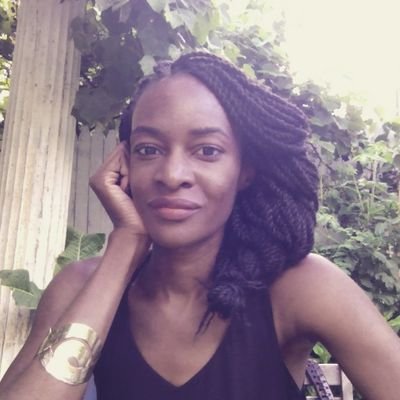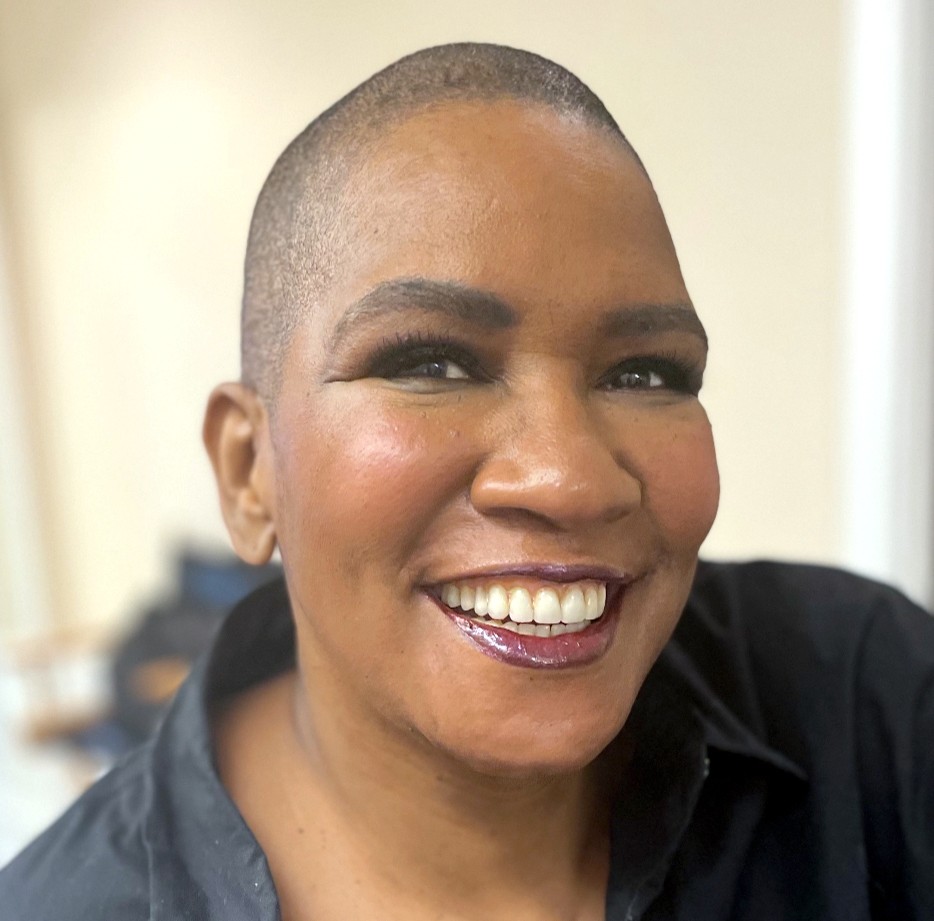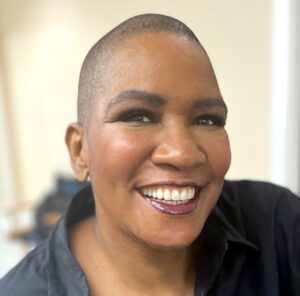Thursday, January 20, 2022, 6:00 pm PST
Hawa Allan
Price: Free (Registration Required)
Hawa Allan in conversation with Pamela Sneed. A discussion exploring Hawa Allan’s new book Insurrection: Rebellion, Civil Rights, and the Paradoxical State of Black Citizenship




